Director B. V. Nandini’s Oh! Baby (2019) is a whimsical comedy with a substantial storyline. It tells a story of going back into the past only to relive it again. A remake of a South Korean film called, ‘Miss Granny,’ it takes audiences on a first half journey as generic and the second fictitious, yet this telling is refreshing enough to hold the audience’s heightened emotions and transport them to the end.
Starring Samantha Akkineni in the lead role, Oh! Baby offers a nuanced exploration of femininity, empowerment and identity. Layered within the character’s engaging relationship, it takes on a transformative journey that challenges age-old stereotypes and celebrates the complexity and strength of women. Highlighting the inherent strength and resilience of women regardless of age, it innovates a tool in itself for the liberation of women from patriarchal constraints while asserting their presence.
What is Oh! Baby about?
Oh, Baby is a South film that follows the story of Savitri, an elderly woman of 70 who, with magic, reverts to her younger self overnight. Once she transforms into a 70-year-old woman, she feels unappreciated by her family. Her presence is not tangible. However, in contrast, when she is a 24-year-old named Swathi, she is surprised how she can seize the opportunity that comes easily to her, so she decides to get into the past to relive her youthful days.
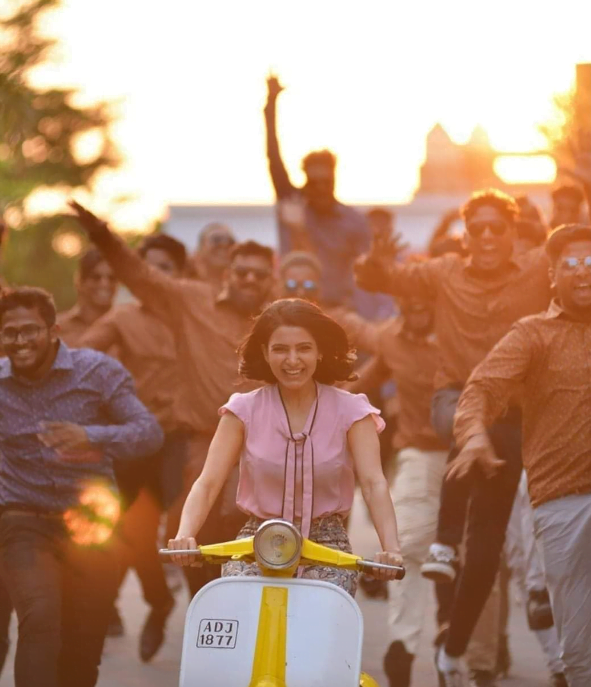
Initially, wondered by the transformation, she navigates through life with a renewed sense of adventure, joy and a sense of liberty. She likes it when she builds new friendships, rediscovers her lost passions, and falls in love again. Along the way, she learns about the essence of love, of having a family and the importance of cherishing.
As she continues to live her new life that she’s got, she realises that her newfound youth comes with its own set of challenges. She confronts the consequences of her actions of the past, interrogating whether she truly belongs in this era.
Meanwhile, her family is looking out for her and is unaware of her changes. However, slowly, when the truth begins to unravel, she must make difficult decisions about her future to reconcile the past. Entangled with humour, emotions and a touch of magic, Oh! Baby is there to deliver a poignant narrative about the human spirit and how some desires of reality are not fulfilled. The desire in this film as a tool is an expression of the endured power of love to transcend time to make things come lively and happen even for an hour, and thus create joy.
Swathi’s journey and channelising of her agency in Oh! Baby
The premise is something to wonder as an audience, that rediscovery is possible which is achieved via metaphor for autonomy. Limited by societal expectations, her being shown as a mother, grandmother, and widow, having to keep up with familial obligations, her changes offer her a second life chance. As a young woman, she can navigate the world with confidence, pursuing her passion like never before. The more unapologetic she feels, the better she gets with the nuances of the world. This narrative arc is something that subverts the trope of the passive older woman. Showcasing her willpower and determination to live life on her terms which for women in the past wasn’t allowed.
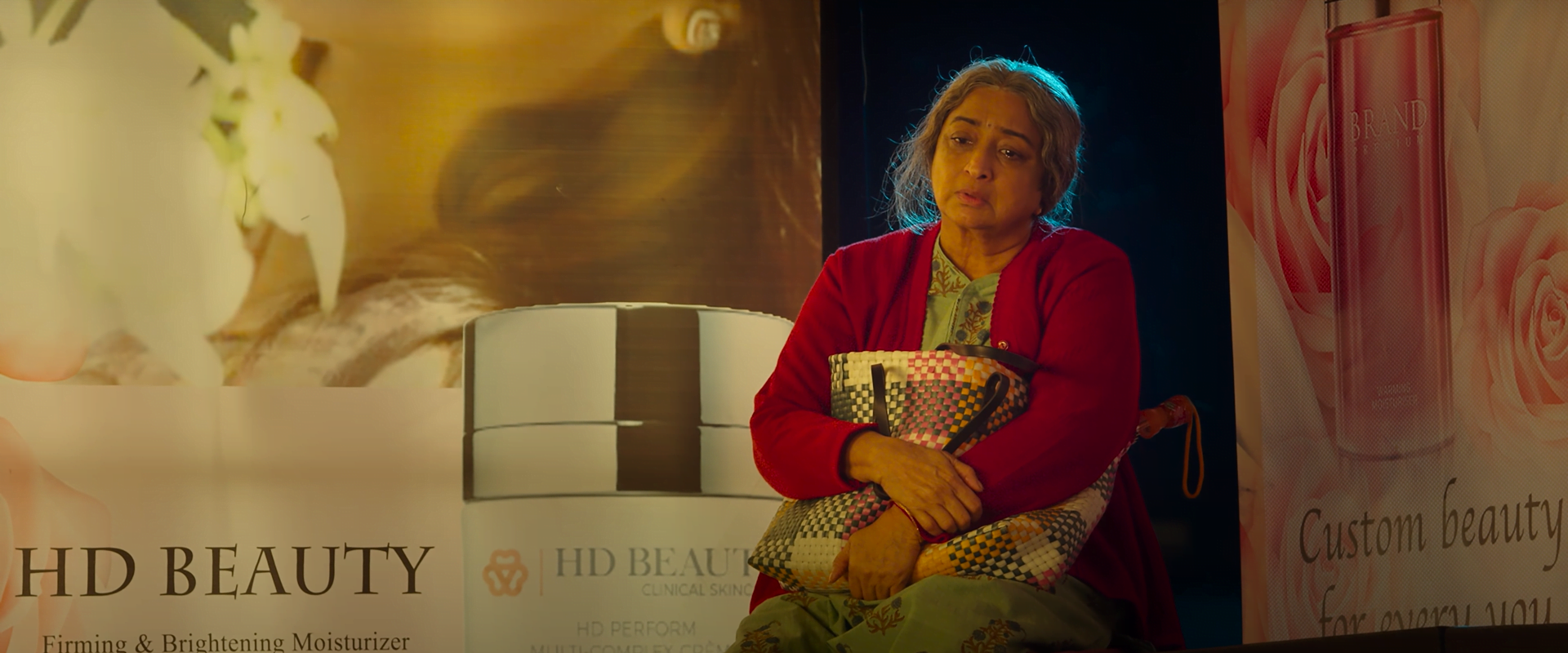
By this, she is reclaiming her identity and sense of self that she’s lost. Her autonomy is quickly realised when she decides to join the music career. She auditions for a singing competition and impresses the judges with her singing skills. This moment for her is liberating because she rejects the ageist concept of restoring to retirement from one’s dreams. She can embrace her passion for music and assert her right to pursue it no matter what.
Furthermore, in one of the scenes, she confronts her son, who dismisses her aspirations as foolish and impractical. She refuses to be consumed by people’s thoughts and ideas asserting her way of autonomy and demanding respect for her choices.
Redefining the female identity
Challenging conventional norms is the essence that lies at the heart of this film. By rejuvenating, she defines what rediscovery is all about. She defies the norm, especially against the importance given to a female’s age and body that is destroyed with ageing, all the way embracing her vitality and zest for life. This portrays the picture that can back the idea that a woman’s worth is more than anything. It’s beyond appearance, and age highlighting the key fact that comes with the multifaceted nature of femininity.
For instance, Swathi’s conversations with her granddaughter are important in showing that intergenerational relationships shape the female identity. Despite their age differences, she and her granddaughter share a profound bond of mutual respect and understanding. Their relationship as evident is something to celebrate the diversity of female experiences and the richness of women’s lives at every stage.
In addition, her multifaceted character comes into play when she explores sexuality and her independence in a way that completely is surprising to the society she lives in. This portrayal too, is defying in a way how societal views on women as passive.
Powering up through female-male relationships
Female friendship and solidarity are at the centre of this film. They serve as a tool of source of resilience and strength within. Throughout the film, Swathi builds meaningful relationships with many women of different ages which is the highlight of the film that often goes unnoticed. Because female friendships aren’t given that much importance. The film with its storytelling can hit the audience differently in terms of female power among sisterhoods. Together they navigate the adversity, some of life’s challenges forging their paths.
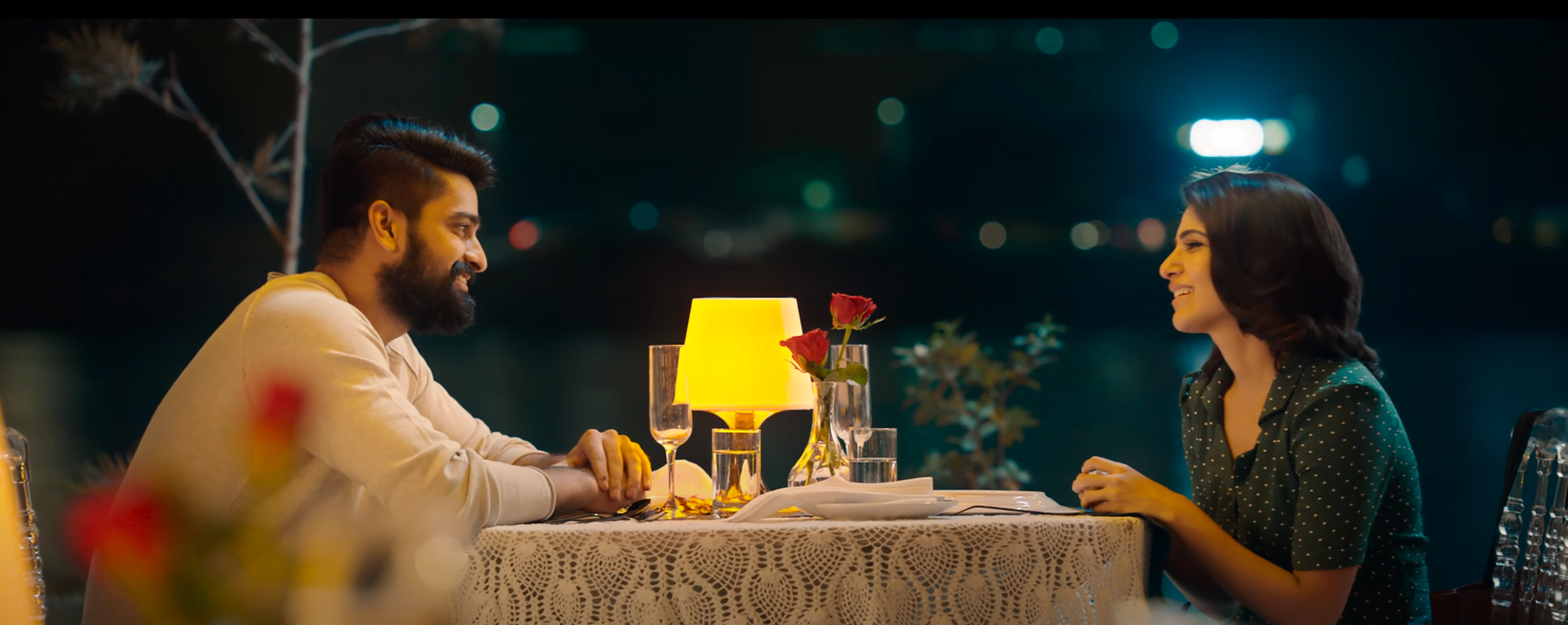
Not just that, the power of the male ally is also shown in Swathi’s relationship with Chanti, a young man who becomes her confidant. Different in their age gaps, they share a deep bond based on mutual understanding, dignity and respect. Chanti’s unwavering support powers Swathi to pursue what she desires, something that demonstrates the significance of having male allies in support against gender inequality. Therefore, this shared experience can lighten up the mood of the audience on a good note.
Defying gender roles
The film is characterised by a strong sense of female empowerment and identity. There are many instances presented that challenge the traditional gender roles imposed by society on females. It shows Swathi portrayed as a rebellious protagonist who refuses to conform to these expectations. Ironically, the hidden message is that it allows her to break free from the world that’s been so narrow with the mindset. Assuring her identity, she challenges the constraints of a male-dominated society.
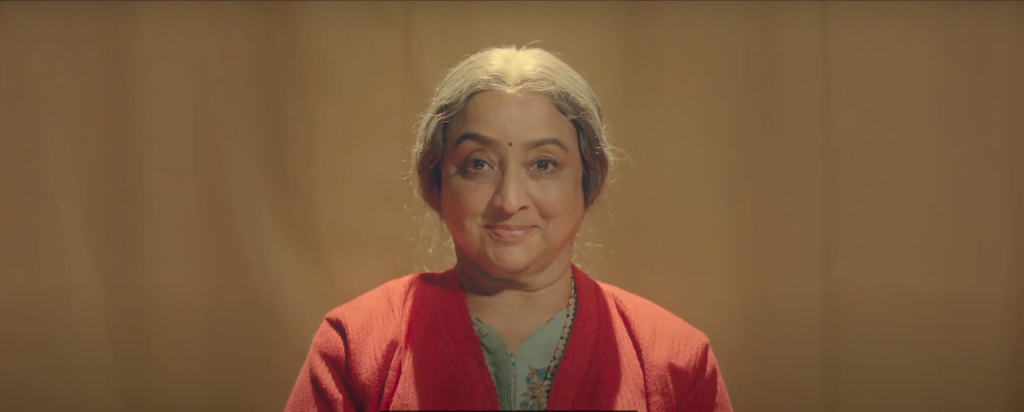
The film therefore is a critique of patriarchy. From condescending remarks to outright misogyny, the film might inhibit the flaws in technical aspects being tedious in the second half, but it is there to expose the subtly present how women are marginalised and disempowered in society. Swathi’s journey indeed is a landmark that sets up an environment that’s conducive, more inclusive, and more equitable for females out there.
About the author(s)
Susmita Aryal is a final year student of English Literature and Journalism at St. Xavier's College, Maitighar, Kathmandu. Besides storytelling around identity, gender and society, she is interested in 'art' i.e. any kind of artworks that fall under the genre of art.
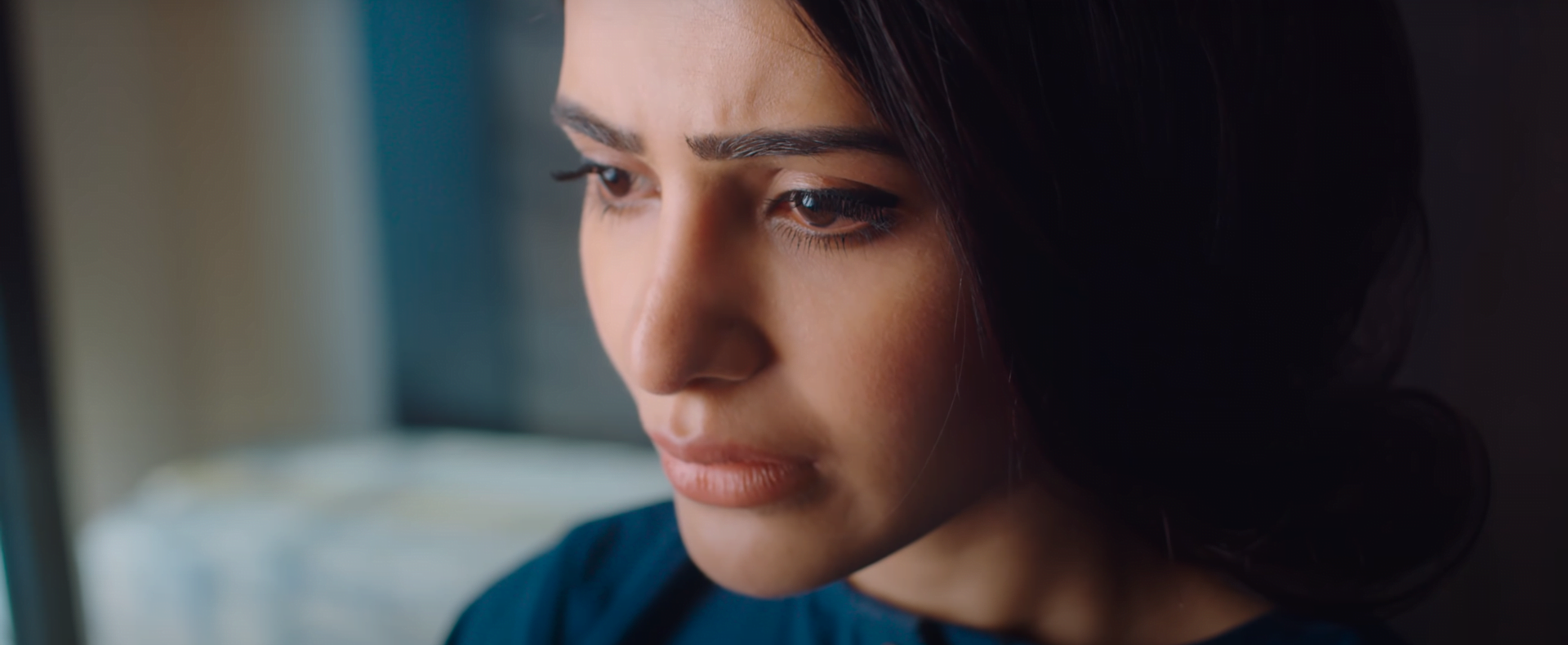




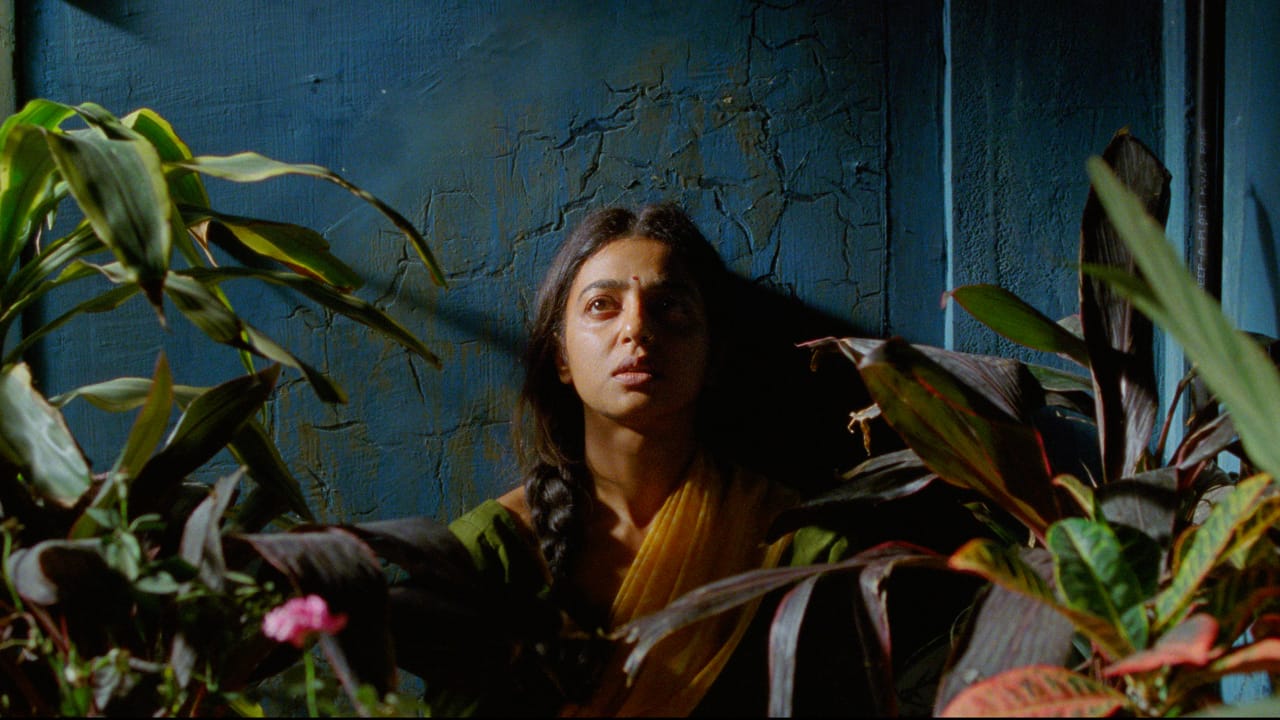

The movie is entertaining no doubt, but your article is just a lot of words which make no sense. You conveniently ignored some problematic points. Swathi in her 70 year old self is so critical of her daughter in law that the stress causes her daughter in law to have a heart attack and her grand daughter doesn’t want her grandma around her mother. The old lady dotes on her grand son because he wants to pursue her passion of music and is constantly criticizing her grand daughter and her daughter in law. She is constantly criticizing how her daughter in law cooks and runs her household.
Also, there is an unmarried, quite outspoken daughter of her male friend who is constantly at loggerhead with the old lady and is criticized for not having found a husband because she is so outspoken.
Definitely problematic points in the movie. Wish you have addressed that issue